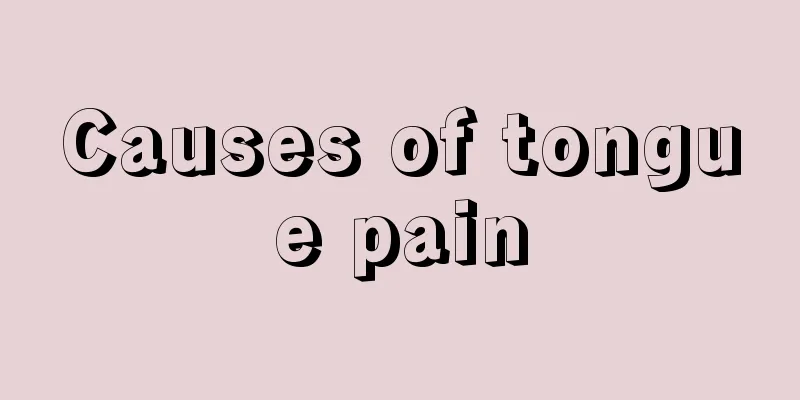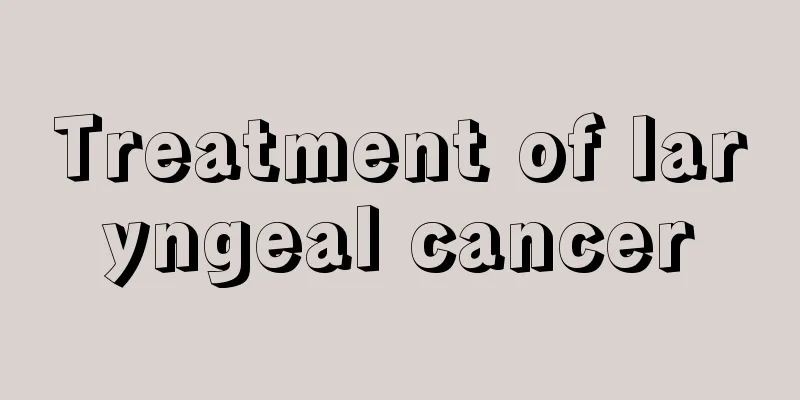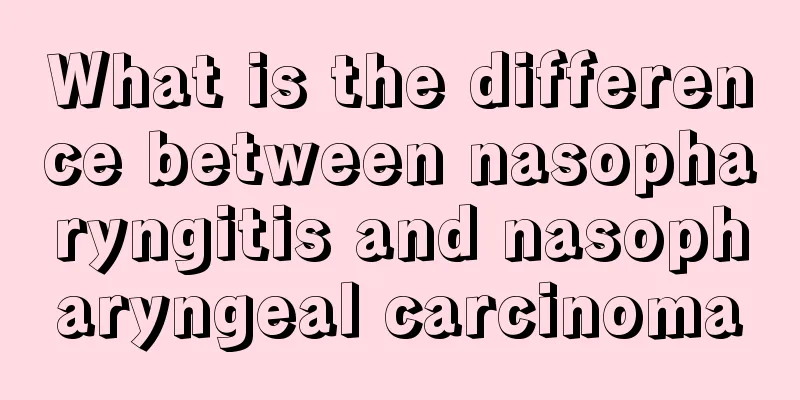Often feel dizzy and have a headache

|
The phenomenon of dizziness and headache is a great source of instability in people's lives, which can cause patients to be unable to be independent, unable to move, and even fall into a coma. Therefore, this disease is very scary for people. In order to treat dizziness and headache, we must find out the cause. Let’s take a look at what causes frequent dizziness and headaches. I hope everyone can understand it. ① Cerebral dizziness is seen in cerebral blood circulation disorders caused by cerebral arteriosclerosis (such as basilar artery sclerosis) or cervical spondylosis, or the resulting transient cerebral ischemia. Its clinical characteristics are three major symptoms: dizziness, sleep disorders, and memory loss, as well as occipital headache, mild paralysis, speech disorders, and irritability. The disease generally develops slowly. The characteristic of this type of dizziness is that it is easy to occur or worsen when the body position changes. ② Cardiogenic dizziness can be seen in acute cardiogenic cerebral ischemia syndrome, which is acute cerebral ischemia caused by cardiac arrest, paroxysmal tachycardia, paroxysmal atrial fibrillation, and ventricular fibrillation, which can manifest as dizziness, blurred vision, stomach discomfort, syncope, etc. ③ Vascular inhibition dizziness is often triggered by emotional tension, pain, fear, bleeding, hot weather, fatigue, cavity, insomnia, etc. Patients often experience autonomic nervous system dysfunction such as dizziness, vertigo, nausea, upper abdominal discomfort, pale complexion, cold sweats, etc. At that time, blood pressure dropped and pulse was weak. Vasoinhibitory dizziness is more common in frail young women. Orthostatic hypotension refers to symptoms such as dizziness, blurred vision, weak legs, vertigo, and even fainting when standing, often accompanied by anorexia and urinary and bowel disorders. ④ Dizziness caused by drug poisoning, most common in poisoning by streptomycin, neomycin, kanamycin, gentamicin, etc. In addition to dizziness, patients also suffer from vertigo and sensorineural hearing loss caused by cochlear nerve damage. Chronic lead poisoning is often manifested as neurasthenia syndrome (with dizziness, headache, insomnia, forgetfulness, fatigue, and nightmares as the main symptoms), as well as hypothermia and loss of appetite. |
<<: Does urinary examination require fasting?
>>: I suddenly feel dizzy. What's going on?
Recommend
My left hand suddenly went numb, what happened?
Occasional numbness in the left hand is a very co...
Early symptoms of epilepsy
Mental illnesses can often cause devastating dama...
Will a ganglion cyst disappear on its own?
Tendon ganglion cyst is a relatively common disea...
How to remove the formaldehyde smell from new clothes?
People always don't pay much attention to the...
Why does hair become oily and fall out easily?
Nowadays, beauty and hairdressing have become a f...
What are the benefits of drinking oolong tea regularly?
The seven necessities of life are tea, rice, oil,...
The harm of ion perm to hair
We have always taken good care of our hair. On th...
Are there any early symptoms of lymphoma that can be cured?
What are the early symptoms of lymphoma? Is it cu...
The efficacy of Taiping Houkui tea
China's tea culture is similar to or even dee...
How to make milk tea, it’s very simple!
Milk tea is one of people's favorite drinks i...
The correct way to apply lemon slices on your face
When thinking of lemons, most people will start t...
Can nasopharyngeal carcinoma with lung metastasis be cured?
Can nasopharyngeal carcinoma with lung metastasis...
Health tips: Five signs that you are getting old
Our bodies are aging all the time, but we cannot ...
Environmental protection knowledge tips
Many people in their daily lives often throw away...
What does it mean to grow fat
I believe many people should know that putting on...









